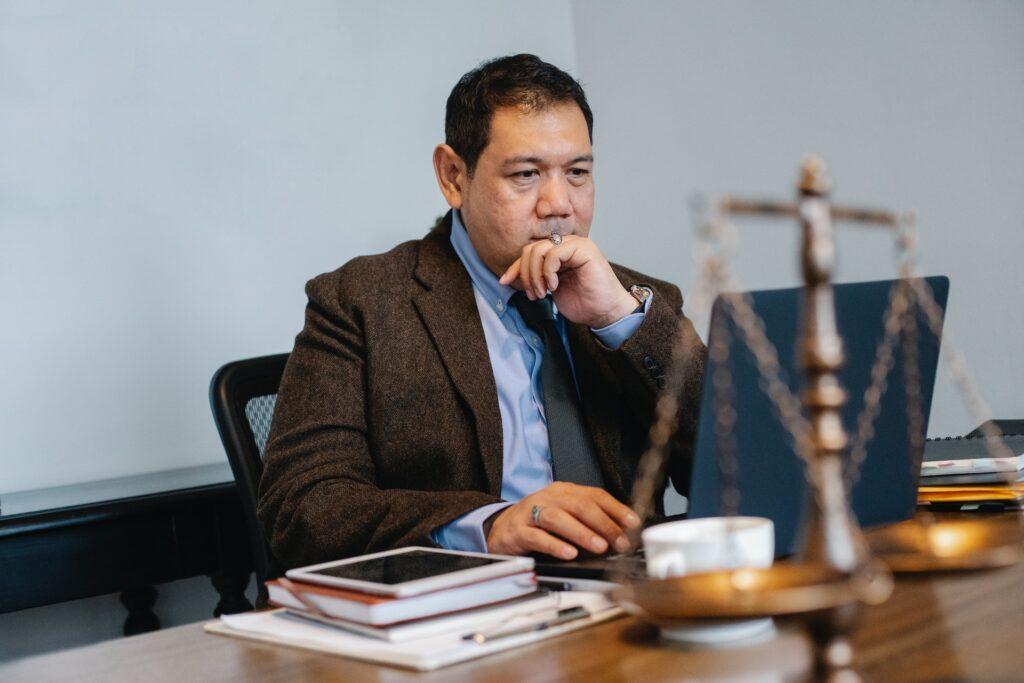A real estate investor is usually focused on how to make more money, but not many of them think about effectively protecting their assets, which is as important as generating income. No matter how many properties you own, it is good practice to always ensure that your assets are protected.
If you’re a new investor maybe you don’t see this as a priority, but the thing is you should protect your assets because you never know what may happen. In real estate, there are all sorts of things that can go wrong. If for whatever reason you are sued for something related to your day job or in your home, assets in your name could be in danger.
For this reason, you should start thinking about asset protection as soon as you acquire assets; small or big, it doesn’t matter. If you start protecting your assets before there’s an issue you will save a lot of headaches, and it will be easier to sort everything out since you came prepared.
To know what options you have to protect your properties and acquisitions, follow these tips:
1. Choose the right attorney

Photo by Sora Shimazaki from Pexels
Spend some good time looking for an asset attorney. Ideally, you should pick someone who can meet your unique set of needs. Don’t fall into the common mistake of choosing the first firm you find, your assets will always be in danger if you don’t have the right person for the job.
A good lawyer knows that the first thing they should do is run through an asset diagnostic. This will allow both you and your lawyer to know the worth of your assets and what is most vulnerable. Having this information will allow the lawyer to figure out what can be put into an exemption and what to prioritize protecting in case things go south.
2. Create an LLC or a trust

Photo by Christina Morillo from Pexels
After your lawyer is finished with the asset diagnostic, you’ll want to either create an LLC or set up a trust. It all depends on exactly what you have and what you’re planning for the future of your investment business.
When setting up a trust, you have the option of selecting a jurisdiction. In most situations, you’ll want to establish a foreign trust, because you won’t be subject to U.S. tax and liability laws. A bridge trust is also a good option since it is a domestic trust with the potential to move to another country. This process will help you to keep costs minimal as long as possible.
In any case, be sure to select a location that’s stable and advanced enough to maintain banking standards. The Cook Islands are a great option because they’re completely out of the U.S. jurisdiction and it’s difficult for someone in the U.S. to file a lawsuit there.
3. Copy what wealthy people do

Photo by Karolina Grabowska from Pexels
They are wealthy because they’re experts in managing their assets. Notice how they have very little in their name while still reaping the benefits of their investments. Model yourself after them even if you’re just starting or don’t consider yourself among the wealthy. This is a wise move to follow.
Also never assume you won’t be sued. This is one of the biggest mistakes many investors make. They feel that the nature of their particular business or investments precludes them from a lawsuit. You should always consider that you could be sued and make every effort to protect your assets before something happens.
Some more recommendations
Keep these on top of your mind:
- Be wary of fraud: When in the middle of litigation, tax audit, etc., and you attempt to transfer your assets, the court may see this move as an attempt to get around the law and may not rule in your favor.
- A fraudulent transfer is not the same as fraud: Fraud is more intentional and means to cause harm. Fraud is illegal, while a fraudulent transfer is not.
- Be proactive when it comes to protecting your assets: No matter where you are in your investment journey, no one is immune, and it’s possible to lose everything. If you put a plan in place before something happens, you’ll be much more likely to come out on top.

